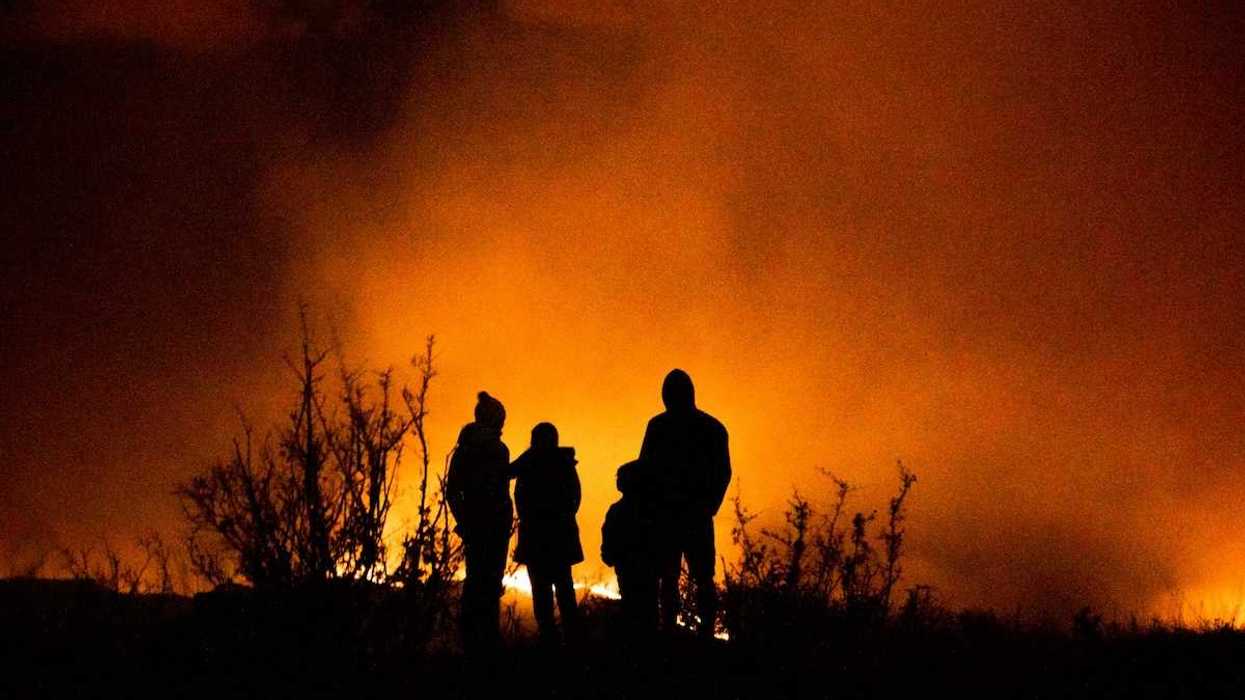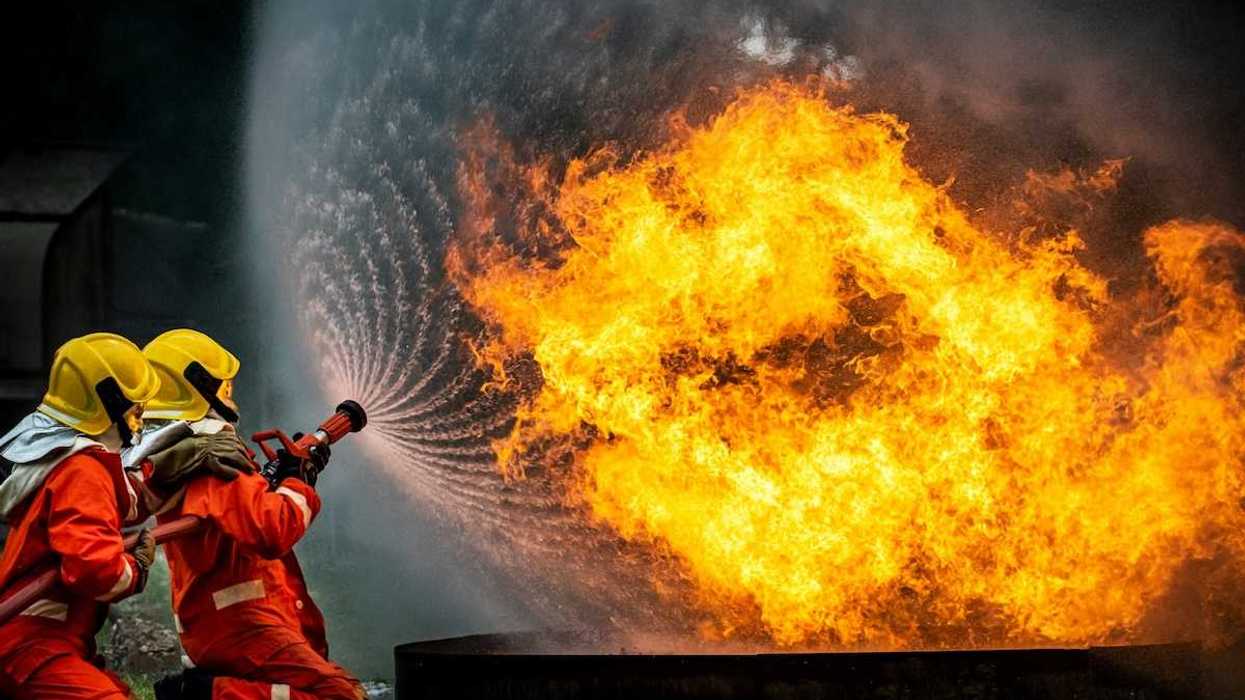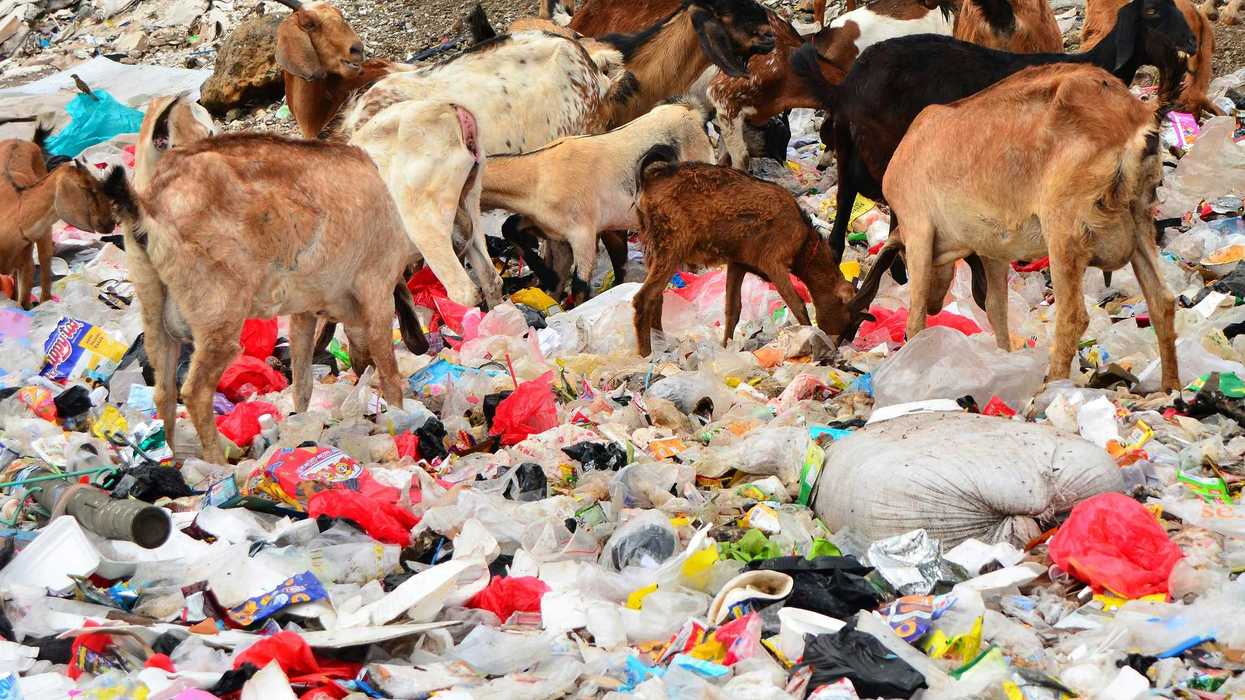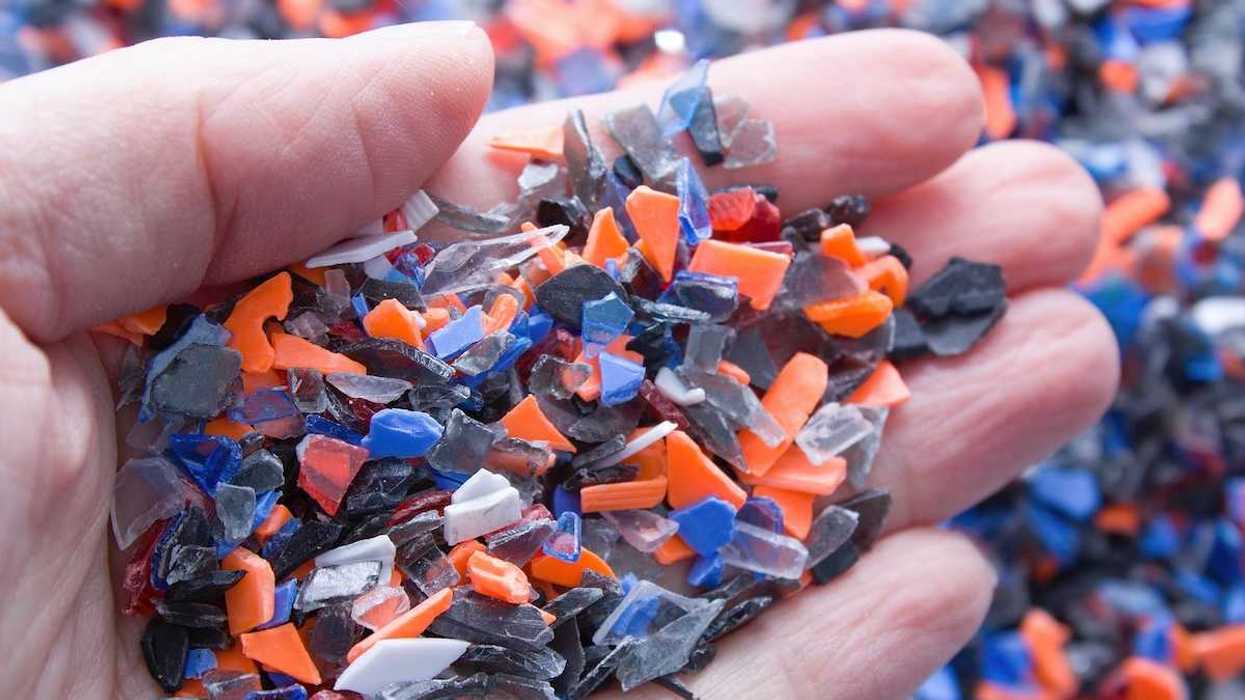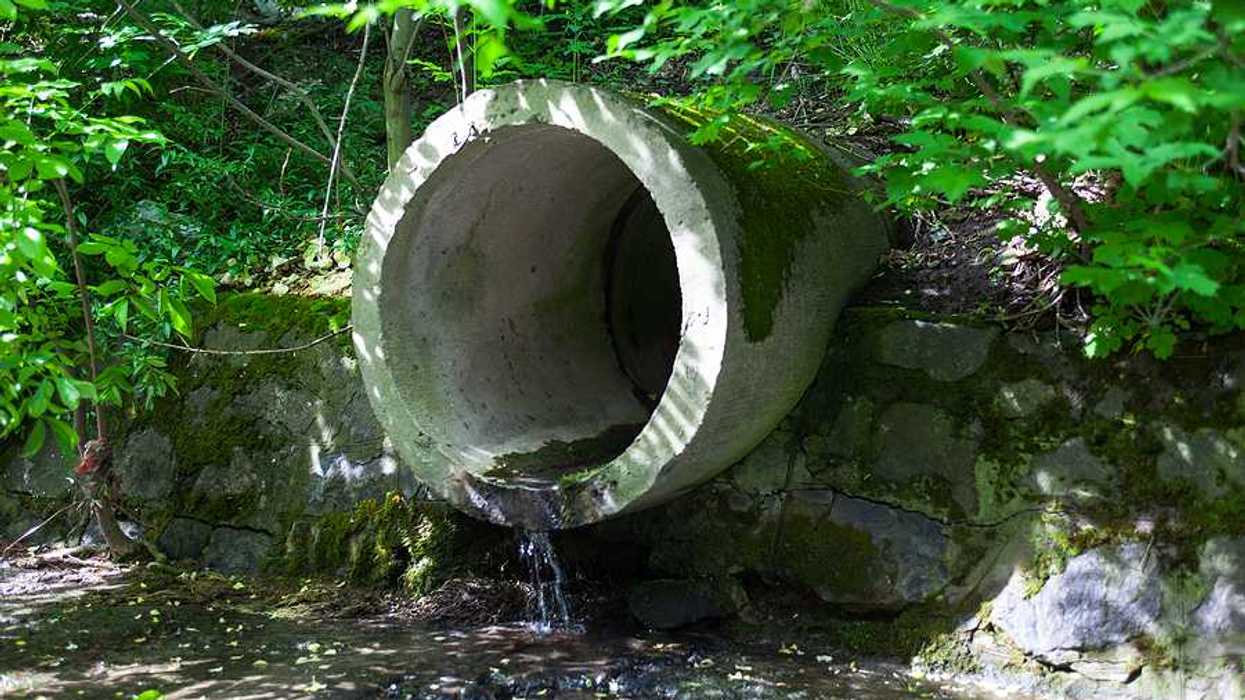President Donald Trump’s administration has terminated a landmark agreement requiring Alabama to address raw sewage contamination in majority-Black communities, dismissing it as an “illegal” use of diversity, equity, and inclusion policy.
Lee Hedgepeth and Dennis Pillion report for Inside Climate News.
In short:
- The Biden-era settlement was the first to use federal civil rights laws to target environmental injustice, mandating sanitation improvements in Alabama’s Black Belt, where raw sewage has long plagued communities.
- Trump officials labeled the effort an illegitimate DEI policy and said the Justice Department would cease promoting environmental justice through such lenses, though the practical impact of the rollback remains unclear.
- Alabama health officials say they will continue work on septic system installations using existing funds but stress their authority and budget for long-term solutions remain limited.
Key quote:
“What is at stake are legitimate concerns for their health and their rights to humane living conditions. Revoking those promises based on disfavored buzz words is arbitrary, inhumane, and ignores the substance and purposes of the Agreement.”
— Barry Brock, director of the Southern Environmental Law Center’s Alabama office
Why this matters:
Rural areas in Alabama’s Black Belt, including Lowndes County, are some of the only places in the U.S. where people still live with raw sewage — exposed daily to waste because of failing or nonexistent septic systems. These communities, predominantly Black and often poor, have long been excluded from infrastructure upgrades that urban areas take for granted. The Biden-era settlement attempted to acknowledge and rectify that injustice through a civil rights lens. Now, with its cancellation, the people who’ve fought hardest for basic sanitation are again left wondering whether the government will ensure this most basic health need.
Learn more: Alabama makes slow progress on sanitation justice in Black Belt



